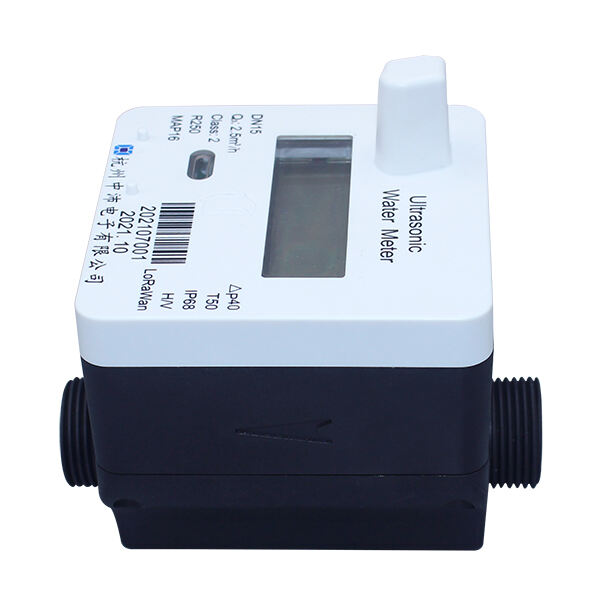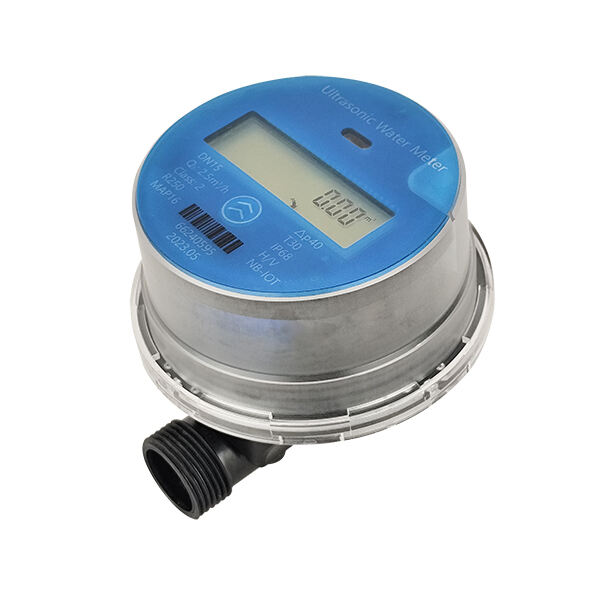
गर्मी के मीटरों को लंबे समय तक काम करने के लिए डिज़ाइन किया गया है और IP68 पानी से बचाने और धूल से रक्षा के मानकों के साथ। उन्हें कठोर अल्युमिनियम एल्योय या स्टेनलेस स्टील में संरक्षित किया गया है। इलेक्ट्रॉनिक मॉड्यूल तापमान-सहायक घटकों का उपयोग करता है और अल्ट्रासोनिक संवहन विशेष ढंग से संरक्षित हैं, जिससे पानी की अशुद्धियों से संक्रमण से बचाया जाता है। ये चीन के उत्तरी क्षेत्र के कड़े सर्दियों (-30°C से +85°C) में क्षेत्रीय परीक्षण के लिए जाते हैं ताकि दशकों तक स्थिर कार्यक्षमता दिखाई जा सके, जिससे वे मांग की गर्मी के पर्यावरण में लंबे समय तक के उपयोग के लिए आदर्श हो जाते हैं।
